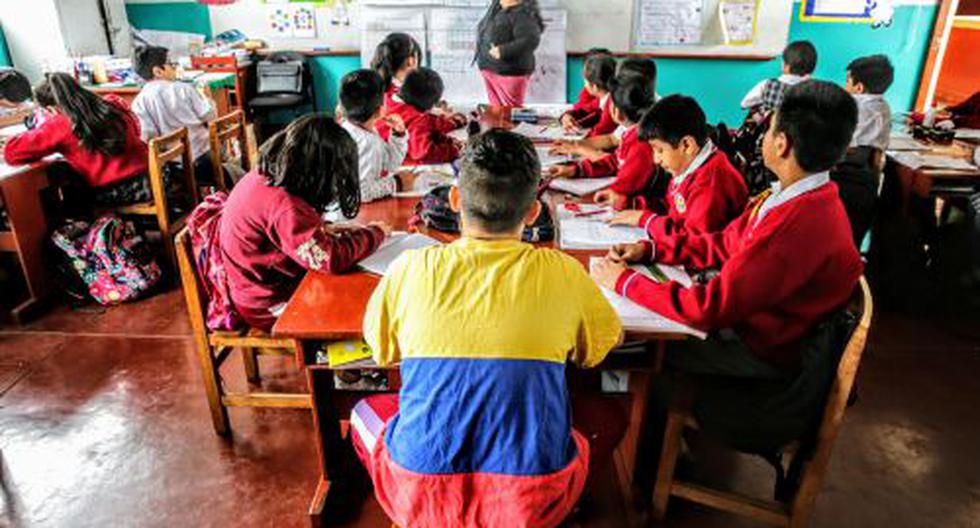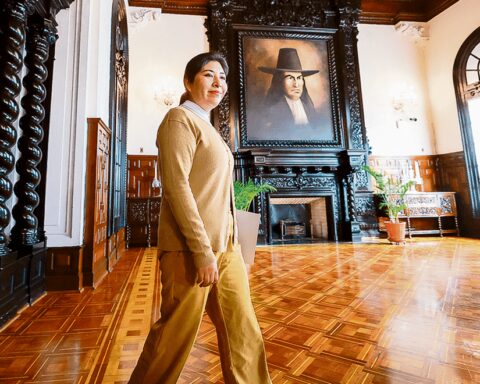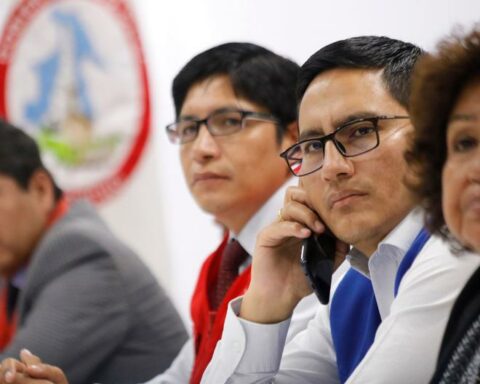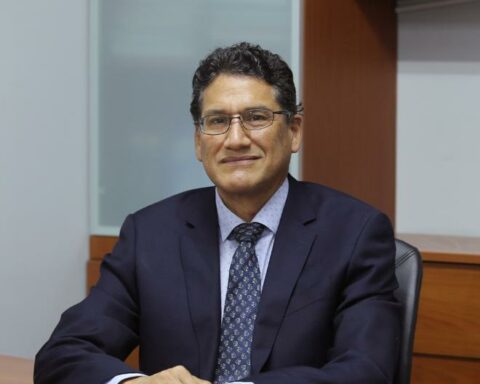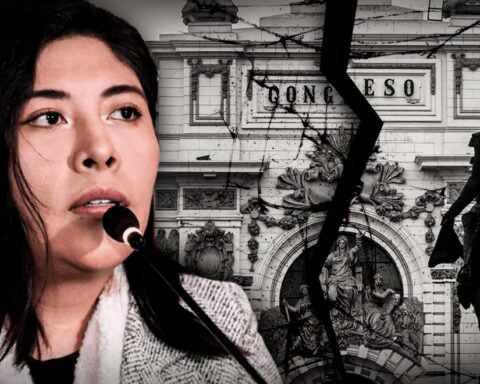A study carried out by Save the Children reveals that 27% of Venezuelan children and adolescents residing in Lima and La Libertad are outside the educational system. The age group from 3 to 5 years of age is the one that houses the highest proportion of boys and girls of school age who do not attend classes (39%), followed by boys and girls from 6 to 11 years of age (34%).
The report “Migrant childhood and education: Access and permanence of education for Venezuelan boys and girls in Lima and La Libertad” details that the reasons are: not having found vacancies available in educational centers, not having the Internet and devices to access distance classeshaving arrived in Peru after the first quarter of the year corresponding to the period in which the enrollment is carried out and not having certificates of validation of studies and immigration documents.
In addition, 25.5% of the Venezuelan refugee and migrant children who were enrolled did not attend classes daily. The main reasons are limited access to adequate technological devices and connectivity, support in household chores, lack of interest in attending classes and support in caring for dependent children and older adults in the household.
The investigation, which was carried out between October and December 2021“also identified the existence of extra-age (when the child is older than the rest of his classmates) in 6 out of 10 Venezuelan children and adolescents enrolled”, presenting an additional year to the normative age of the academic degree that attend and concentrating on the initial level and the first four years of primary school (58.2%).
Although students have not been excluded due to this gap in age, cases were detected in which this situation conditioned their enrollment in an educational center.
“Those who do not meet the age criteria to enter regular basic education do not enter the night shift either. Thus they are left out and many do not try again. Being relegated from the educational system generates consequences at a socio-emotional level, such as self-esteem problems and feelings of insecurity. Finally, these children and adolescents face risks of labor and sexual exploitation”, said Verónica Valdivieso, director of Save the Children in Peru.
Migrant children suffer discrimination
Save the Children also recorded that migrant children are exposed to situations of discrimination, which could have an impact on the process of entering the educational system, having a direct impact on the learning process and permanence.
Nearly 10% of migrant children are not currently in school because they have suffered exclusion or discrimination by a director of the educational center.
Save the Children urges the Ministry of Education, the Regional Directorates of Education, and directors of the UGELs to guarantee access to educational services for migrant children.
The international NGO works in La Libertad on the More Diversity project, implemented together with other organizations, in order to promote inclusive education.

